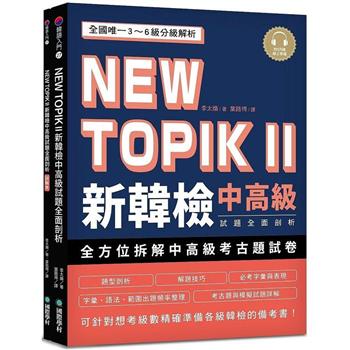Adult education offers the potential to enhance the individual’s sense of agency to direct and improve their future; this is especially important in times of significant societal unrest. It may lead to social change and even social justice. This book begins with a new consideration of historical perspectives of radical adult education in the UK and how these might inform planning for future adult education which is both relevant and emancipatory. The volume aims to capture some of the ’messiness’ of adult education through analysis of a wide range of its many forms and a focus on the learners themselves, the different kinds of providers and the wider community around them. Individual chapters offer insights into an environmental community gardening scheme, provision for refugees and asylum seekers, the radical role of volunteers, the impact of discussion groups for older people and the National Community Service scheme for young adults.
The book considers the significance of the Sustainable Development Goals, each of which includes targets linked with adult training, awareness-raising or education. Considering the factors for effective adult education programmes for social change, this volume questions the extent to which it can be argued that positive social change results from adult education. Active learning, group learning and education which is practical, flexible and individualised may provide the best routes ahead. The wide-ranging case studies demonstrate the importance of recognising and valuing adult learners’ prior knowledge, and the need for alternative approaches to assessment.
| FindBook |
有 1 項符合
Adult Learning and Social Change in the UK: National and Local Perspectives的圖書 |
 |
Adult Learning and Social Change in the UK: National and Local Perspectives 出版社:Bloomsbury Academic 出版日期:2024-09-19 語言:英文 規格:平裝 / 240頁 / 23.39 x 15.6 x 2.54 cm / 普通級/ 初版 |
| 圖書館借閱 |
| 國家圖書館 | 全國圖書書目資訊網 | 國立公共資訊圖書館 | 電子書服務平台 | MetaCat 跨館整合查詢 |
| 臺北市立圖書館 | 新北市立圖書館 | 基隆市公共圖書館 | 桃園市立圖書館 | 新竹縣公共圖書館 |
| 苗栗縣立圖書館 | 臺中市立圖書館 | 彰化縣公共圖書館 | 南投縣文化局 | 雲林縣公共圖書館 |
| 嘉義縣圖書館 | 臺南市立圖書館 | 高雄市立圖書館 | 屏東縣公共圖書館 | 宜蘭縣公共圖書館 |
| 花蓮縣文化局 | 臺東縣文化處 |
|
|
圖書介紹 - 資料來源:博客來 評分:
圖書名稱:Adult Learning and Social Change in the UK: National and Local Perspectives
內容簡介
作者簡介
Jules Robbins is an independent researcher, UK, with over 25 years of experience teaching in secondary, primary and adult education. She is also a senior examiner of English.
Alan Rogers was Visiting Professor at the University of East Anglia, UK and University of Nottingham, UK. He was a teacher, trainer and author in the field of adult education and international development with many years of experience working in Asia and Africa.
|











